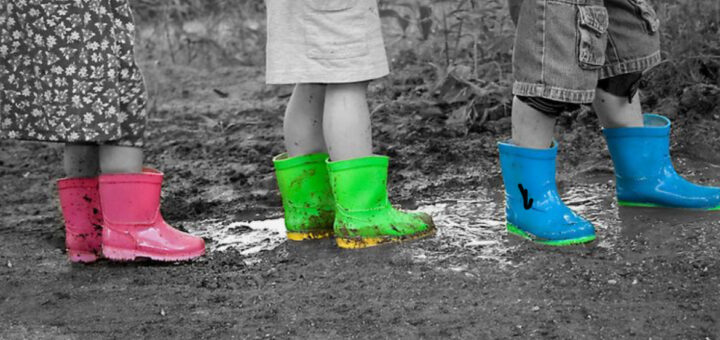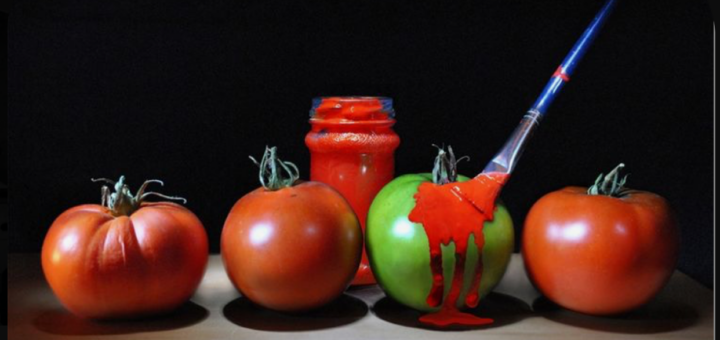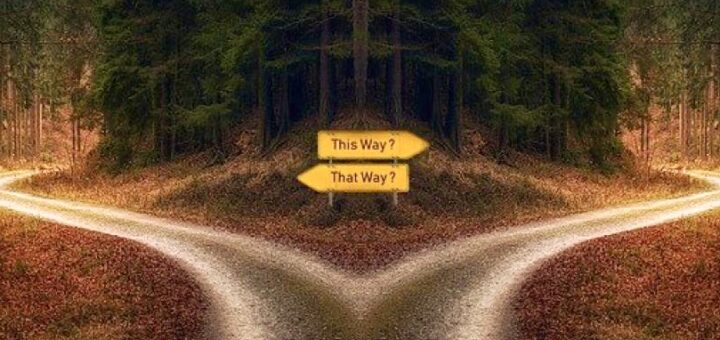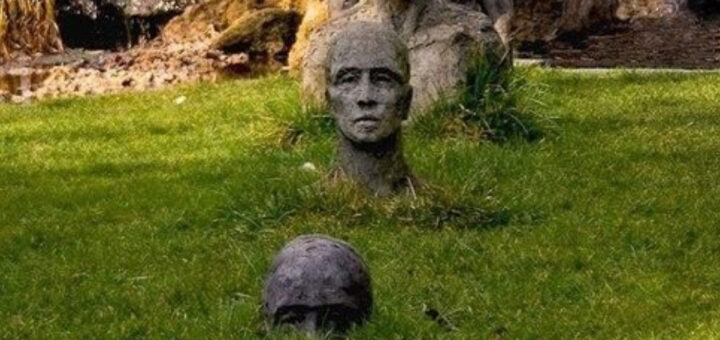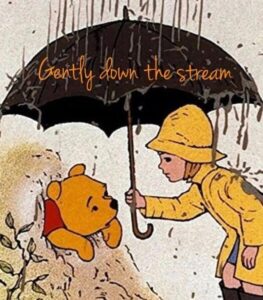Category: behavioural science
Whoever has strolled through the tastefully decorated stalls of the furniture giant IKEA can vouch for their overwhelming feeling of awe and enthrallment that is hard to hide. Aesthetically designed pleasing home interiors, brilliant organising ideas for small spaces, innovative and ergonomic fixtures and appliances, the list of striking layouts and concepts goes on. The urge to splurge and empty one’s pocket is overpowering. You behave like a child in a toy shop, yearning to get hold of everything you come across. The founder and the brand Swedish furniture retailer Ingvar Kamprad founded IKEA. Most successful entrepreneurs share a cliched...
The term thinking cap signifies an imaginary cap to be worn to facilitate the thinking process. According to etymology, the thinking cap is an allusion to the official cap worn by the judges while dispensing the judgments at the court of law. Edward de Bono, who is famous for parallel thinking, published the Six thinking hats in 1985. The idea behind this is practically scrutinising a problem from all aspects as possible, leaving nothing to chance. Teamwork This method serves as a team-based problem-solving technique. Taking a different perspective or checklist manifesto, benefits to ensure that every problem with the...
How do people generally judge or perceive themselves ? Do they presume themselves as a normal, average individual or believe that they have exceptional traits that make them unique compared to others. Most often, people consider themselves to be unique, their behaviour ideal even with all the flaws included. Ideal version A large majority of people are firmly convinced that he or she is unique. They perceive themselves along the same lines of the Shakespearean ideal, that is, What a piece of work is a man! How noble in reason! How infinite in faculty! in form and moving how express...
Man is a perpetually wanting animal, no question about that. It is interesting to know what precisely prompts or motivates humans to behave in a particular manner at any given point of time. The explanation would be plenty and descriptive. The experts from different domains, like the evolutionary biologists or the psychologists or the philosophers, would have their share of insights and knowledge, deciphering the same. This post is a glimpse into Abraham Maslow’s views and Hierarchy of needs theory, and his perspective on human needs and desires. Goal-based motivation The Squirrel is threatening to take down the internet connection...
Evolution taught that belonging is the safest way for survival and to fit in any group, conformity and obedience is the best bet instead of being different from the rest. Animal conformity as social learning The roots of conformity and obedience are deep and vast. As evidence suggests, it’s presence is seen in other species of animals and very young humans. The conformity or imitation in nonhuman is studied by various biologists suggesting that imitation is the basis for cultural evolution, cultural transmission of learning and tool formation. Monkey see monkey do A chimp is likely to copy an action...
A new year without a few resolutions would appear relatively incomplete. We promise ourselves to exercise regularly, watch our diet, spend money more wisely, stay on top of things, meet deadlines and so forth. However, humans are plagued by the tendency to procrastinate and live by the saying (Mark Twain?) Never put off till tomorrow, what you can do the day after tomorrow. New beginnings vouch for new promises A new year with resolutions, students commencing a new academic year with a bang, employees joining a new job with the commitment to save more! These self-declarations need not always coincide...
The boundless affection and the intense protectiveness of parents towards their offspring is a distinctly human characteristic. Clearly, varying degrees of this parental instinct is also found in other members of mammalian species as well. The cornerstone Parents, with their absolute love and devotion, act as the bedrock of support for moulding their children into a secure and confident adult. Barring a few unfortunate circumstances where the kids are unloved or abandoned and left to fend for themselves. All that matters There are enough anecdotes from the literature, mythology and real-life accounts, of parents, who were willing to give up...
The ability to choose well is arguably the most powerful skill one is empowered with. The desire to choose is innate and rooted deep within us. It’s a commonplace knowledge that even if you have the complete liberty to choose from, the process itself can be tricky at times. The power of free will The power of choice entails one with the ability to unearth the best possible option out of all. In an individualistic society, the right to choose or free will is assumed to be one of the basic needs required for human happiness. Therefore they formulate their...
Pay attention is one of the aptly composed phrases, which needs to be earnestly explored, more so than ever in this tech-friendly era, where chances of getting distracted by are enormous. The surge and complexity of modern life are overpowering to render individuals blind and deaf to the things that occur around them. Not wide, but a tunnel vision We hold on to the mistaken belief that we pay enough attention to, and therefore should notice and remember the world around us much more than we do. Looking without seeing Have you ever thought of how we perceive, remember and...
We come across reports of deception and corruption almost every day that it doesn’t affect or surprise us anymore. The news varies from the trivial accounts of towels being stolen from hotel rooms to profound large-scale financial scandals. How as a society, or as a country, we came to be tainted by this much widespread dishonesty? How we see ourselves We consider ourselves to be honest, honourable people—rational thinkers with a built-in moral compass and the capacity of understanding of what’s right and wrong. The illusion of one’s morality Do you think that the dishonesty we witness in our society...



